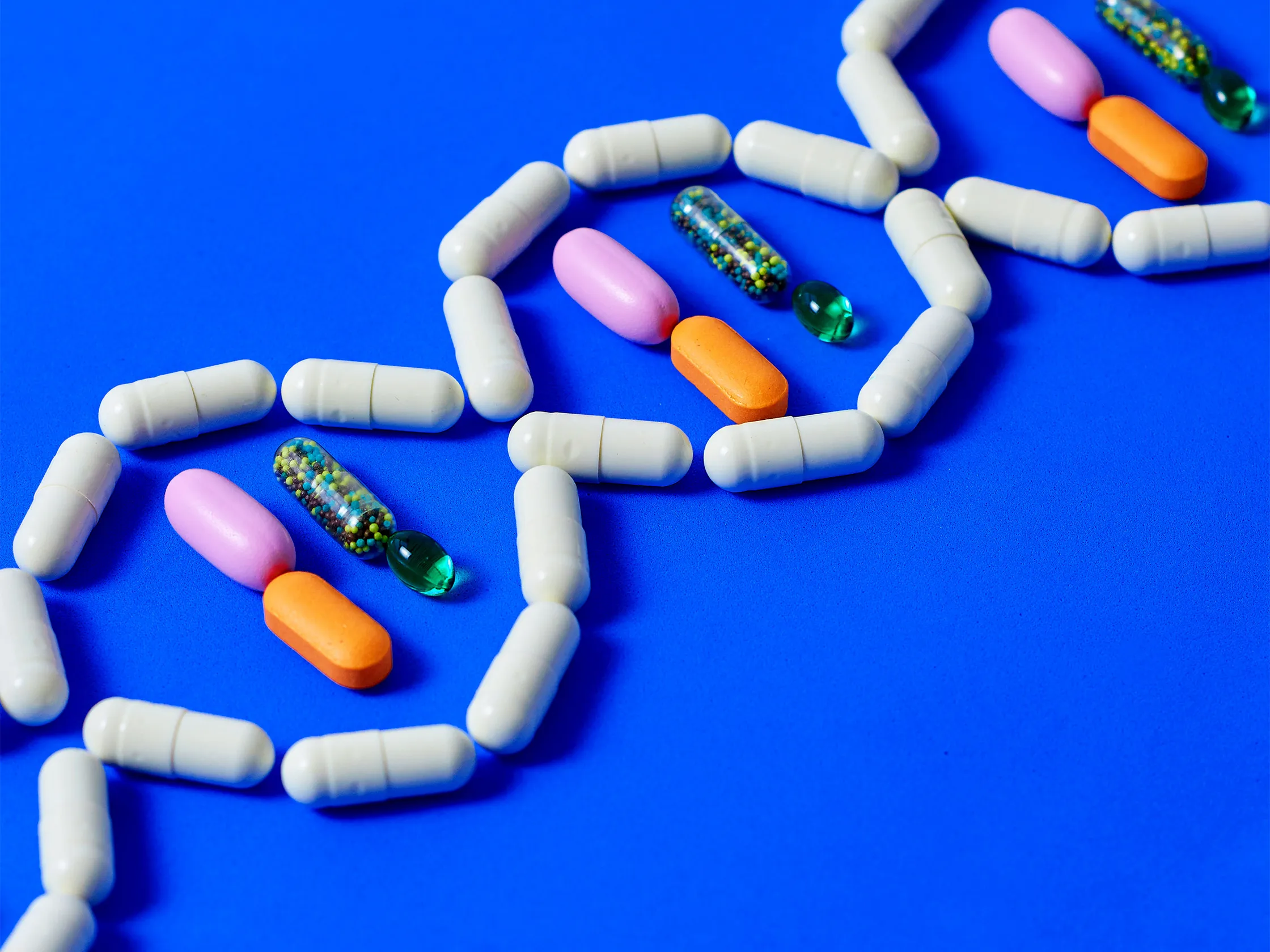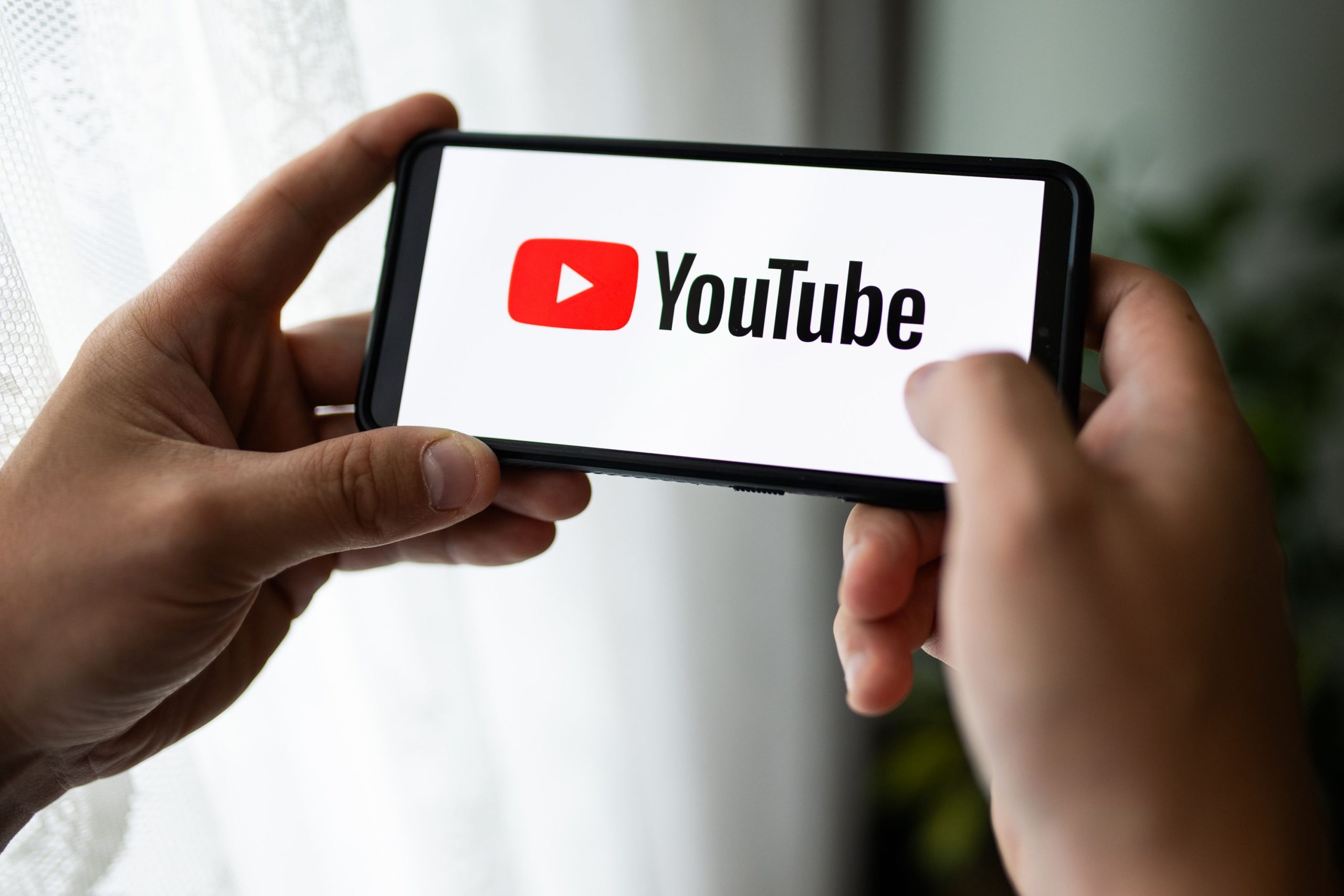YouTube made an announcement on Tuesday stating its intention to eliminate false claims regarding cancer treatments as part of its ongoing efforts to enhance its policy on medical misinformation.
According to Dr. Garth Graham, head of YouTube Health, the updated policy will now prohibit “content that promotes cancer treatments proven to be harmful or ineffective, or content that discourages viewers from seeking professional medical treatment.”
This includes endorsing unproven treatments as alternatives to approved medical care or claiming guaranteed cures, as well as advocating treatments deemed harmful by health authorities.
An example cited is the misleading suggestion that patients should “take vitamin C instead of radiation therapy.”
This move is part of YouTube’s broader strategy over recent years to strengthen its policy on medical misinformation, which already covers false claims related to vaccines, abortions, and content that promotes eating disorders.
As part of this announcement, YouTube is introducing an expanded framework for its medical misinformation policy, categorizing content into prevention, treatment, and denial areas.

“To determine if a condition, treatment or substance is in scope of our medical misinformation policies, we’ll evaluate whether it’s associated with a high public health risk, publicly available guidance from health authorities around the world, and whether it’s generally prone to misinformation,” Graham explained.
YouTube will take action against content that contradicts advice from local health authorities or the World Health Organization within this framework.
Graham emphasized that the policy aims to maintain a balance between removing harmful content and allowing space for constructive debate and discussion.
The update specifically addresses cancer treatment due to its significant public health implications and susceptibility to misinformation.
Graham highlighted the consensus among global health authorities on safe cancer treatments, which forms the basis for YouTube’s approach.
While introducing new policies is a step forward, the challenge lies in enforcement.
YouTube plans to implement its restrictions on cancer treatment misinformation immediately, with enforcement efforts scaling up in the coming weeks. The company employs both human moderators and automated systems to review content and its context.
In addition to removing harmful content, YouTube intends to push credible information on cancer from authoritative sources such as the Mayo Clinic.
